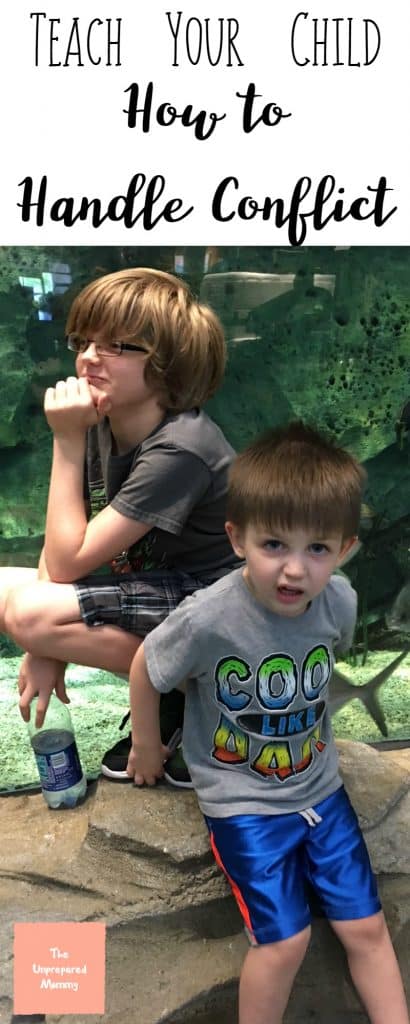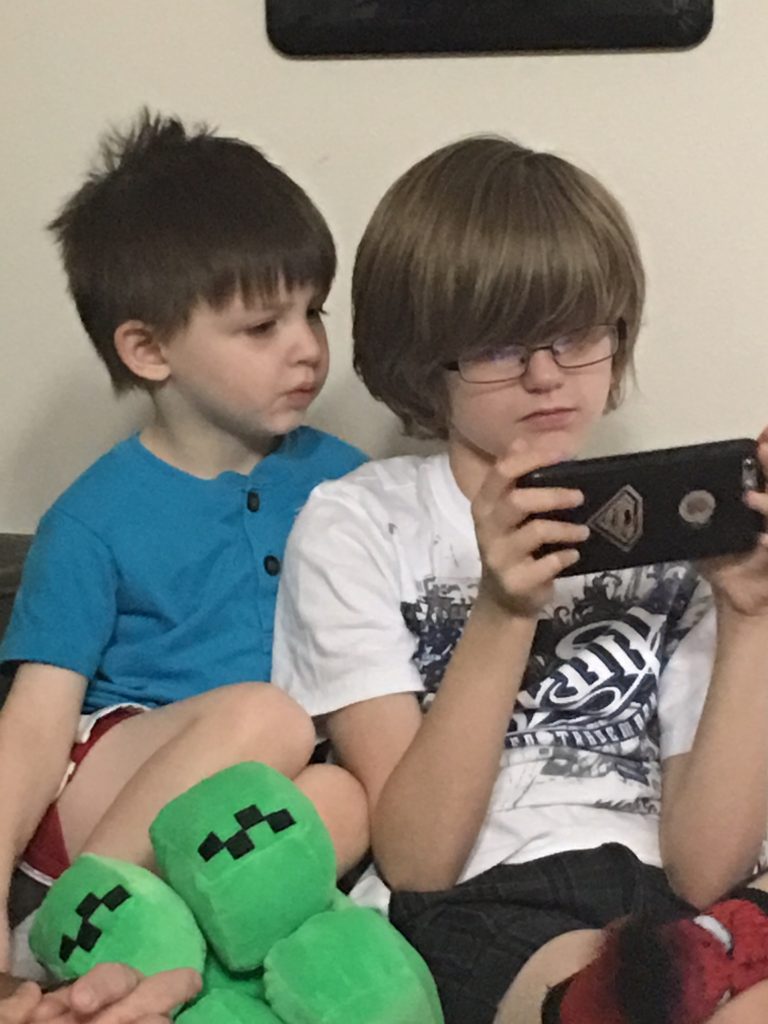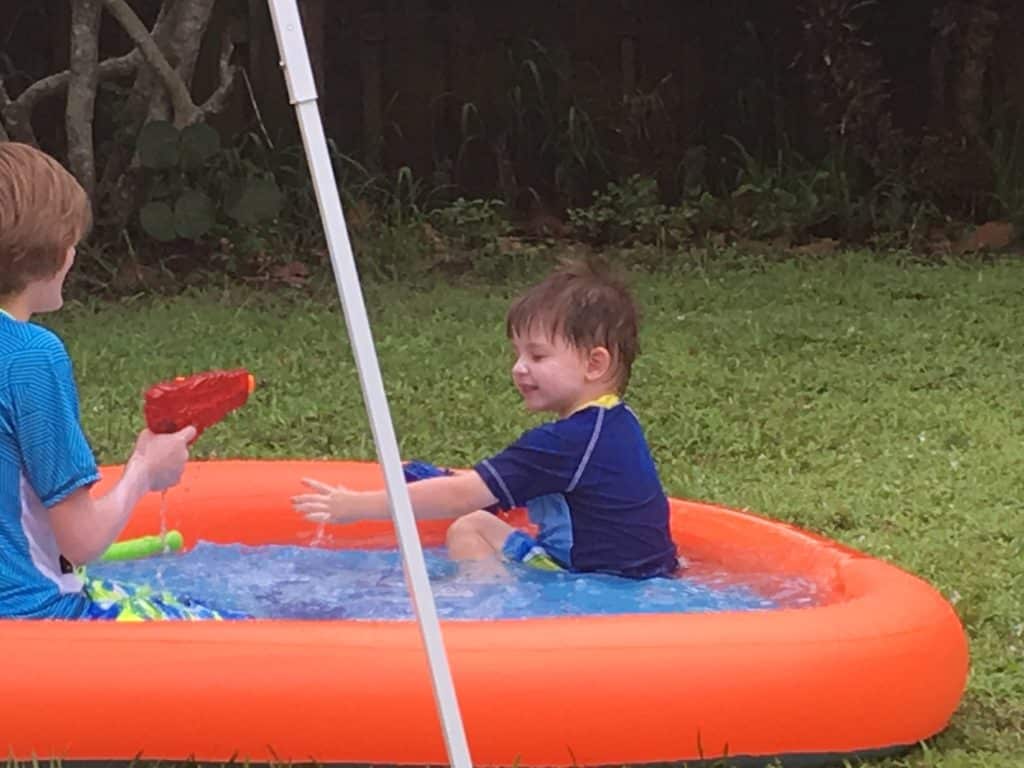Children are not immune to conflict and it is important they learn how to resolve conflict successfully. Ideally, teaching how to handle conflict should start around preschool age, or earlier if possible. For children this young, rehearsing conflict resolution scenarios is too abstract for them to remember what to do. They need to learn conflict resolution for preschoolers techniques during real life situations so they can recognize when to apply them.

One of the most common disputes young children face is a toy both of them want. It could be a toy that belongs to one child or the whole family. Of course, we want our kids to grow up kind and generous, which leads us to encourage and possibly force our kids to share. What you may not realize is that this kindness and generosity can only come from a place of security.
Preschoolers are unlikely to share a toy with someone who just tried to “steal” it away from them. Especially something they hold dear. Yet, that’s what we expect our children to do. Rather than siding with our kids, we often worry they are being selfish or greedy. Thus causing our children to hold onto the toy even tighter. They no longer care about playing with it. It all becomes about keeping what is “theirs.” They become defensive and start to cry and scream.
So how do we respond to this situation? We have to respect a child’s need to have exclusive use of a toy until s/he essentially becomes bored with it. When they are given the freedom to play with a toy until they feel ready to move on to something else, they will loosen their iron grip on it.
There are a few simple strategies that when practiced over time and paired with a true respect for both children’s needs, help teach preschoolers how to handle conflict.
First, we can give them the words they need to get a dialogue going. One helpful phrase is, “Can I have that when you are finished?” This allows the child who currently doesn’t have the toy to get their needs met without being confrontational. They are stating what they need and letting the other child know they aren’t going to grab it away from them. In many cases, this simple phrase is all that is needed to transform what could have been a grabbing, crying, screaming match into an actual conversation.
A lot of times, this can result in the child handing the toy over because they don’t fear the other child will take it from them. If your child is used to the original scenario, they might need a few assurances they are allowed to continue to play with the toy until they are done for this to occur.

Once your child is clearly finished with the toy, it’s good to encourage him to actively hand it over. This ensures he is in control of giving the toy and it wasn’t just taken away from him. Handing over the toy also develops a sense of empathy. He begins to understand how his actions make others feel and can make another person happy. Developmentally, they can only respond to some else’s needs when they are not in competition with their own. Having them hand over the toy when they feel ready allows them to exercise generosity that feels safe to them.
For children that haven’t started talking yet, you can ask for them. For example, “I see you want that toy, but Charlie is playing with it right now. Let’s go ask him if you can have it when he’s finished.” Then say to Charlie, in your child’s presence, “Charlie, can you give Jennifer that car when you are finished with it?” Once your child can say a few words, “finished?” should help convey what they are trying to say.
You can also teach your child to say, “You can have it when I am finished,” if another child begins grabbing for the toy. This helps deescalate the situation by letting them know they will have a turn, just not quite yet.
Children can often give something of theirs so long as their rights are respected. Much like adults who donate to causes that respectfully ask for money over a relative who demands it.

They should have somethings that only belong to them, as well. Other siblings can learn to respect that toy and cannot touch it without express permission. If an older child has a game they are playing, ask if the younger sibling can join in. However, respect their decision if they happen to say no.
One case that is special is the play date. They are unique in that most of the toys are likely to belong to only one of the children. Clearly you can’t force a child to give up his toys, but the situation is designed for them to play together. What can you do is designate some toys as off limits for sharing or to choose several toys they are willing to let their friends use.
Watching our children engage in conflict head-on can be scary. If you start early enough, preschoolers will learn ways to resolve conflict without ruining relationships with siblings and friends. Learning how to handle conflict in an assertive but non-confrontational manner now will serve them well throughout their lives.
Related Posts:
Help Your Toddler With Big Feelings

Leave a Reply